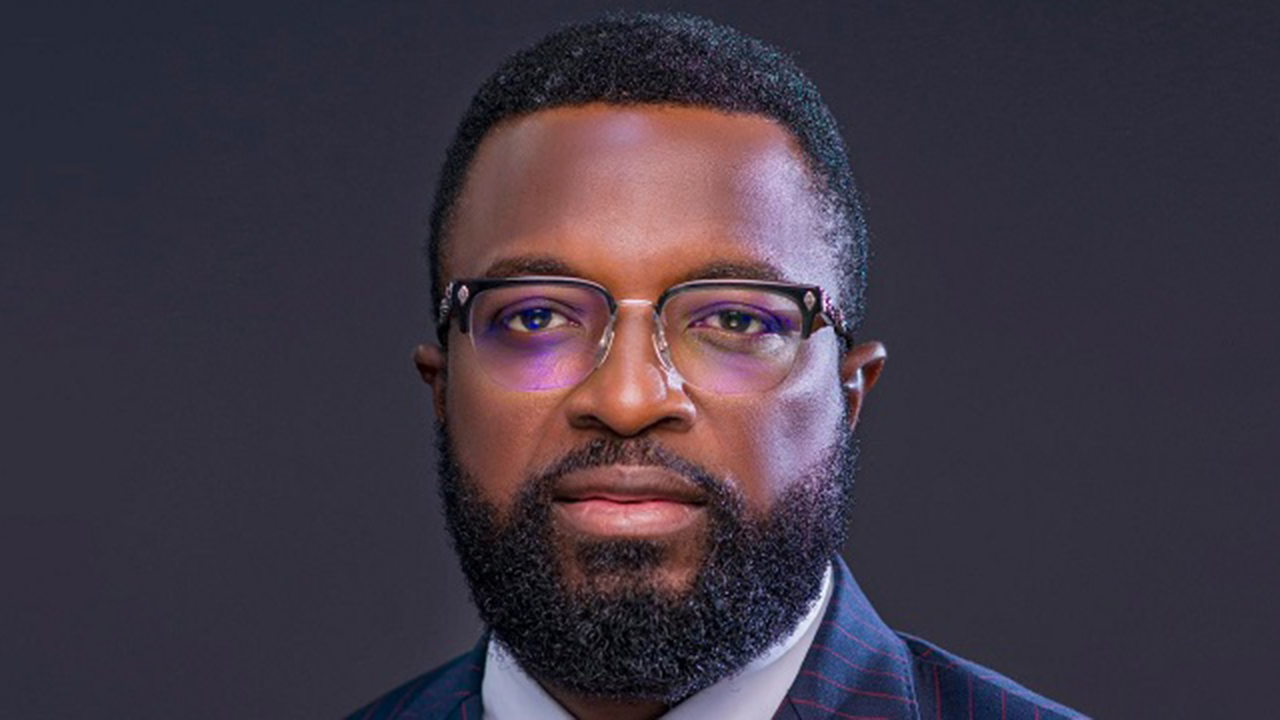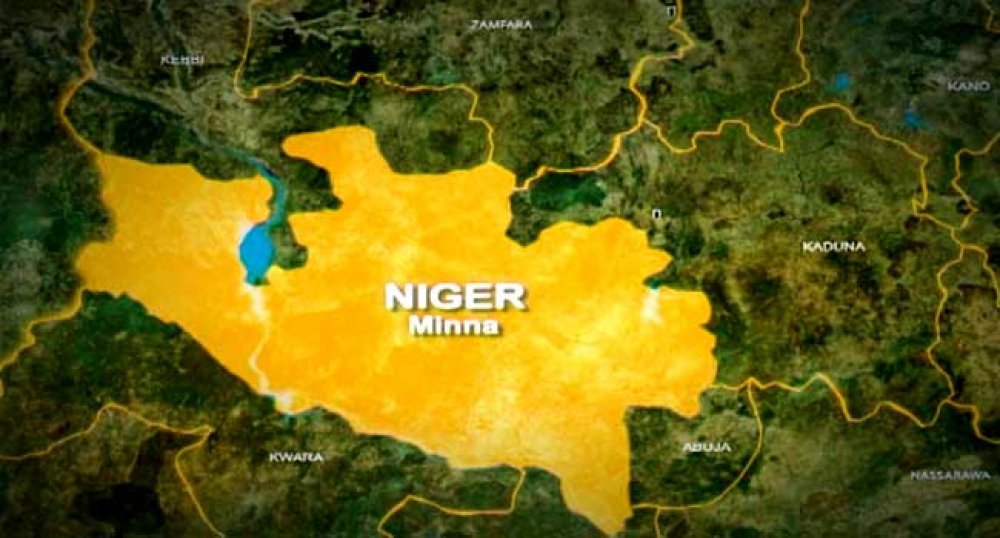LATEST capital importation data released by the National Bureau of Statistics (NBS) has revealed substantial drop in foreign investments flow into Nigeria’s telecoms sector.
Precisely, the telephony industry recorded $80.78 million in foreign direct investments in Q1 2025, which showed a 58 per cent decline year-on-year. The NBS data showed that the sector attracted $191.57 million in foreign investments in Q1 2024.
Further analysis of the report showed that on a quarter-on-quarter basis, the Q1 2025 capital importation for the telecom sector also declined by 41 per cent, compared to $136.86 million recorded in Q4 2024.
Many factors can be linked to these investments’ drop, including insecurity, vandalism, multiple taxation, high Right of Way (RoW) levies, struggling and unstable economy, among others.
According to the Association of Licensed Telecommunications Companies of Nigeria, the issue of multiple taxation and high cost of RoW are still major problems that need to be addressed to encourage more investments in the telecom sector.
“We may not see a steady growth in investments until the industry challenges are addressed. Issues of Right of Way charges are still there, likewise multiple taxation,” ALTON said in a recent statement.
During an interaction with journalists on Tuesday, the Chief Executive Officer of Airtel Nigeria, Danish Balsingh, stressed that ROW charges have impeded rapid expansion of fibre optic cables in the country.
He pointed out that about 12 or 13 states have either completely waived off Row charges or charge very low costs in the country.
Balsingh said vandalism has become a major challenge in the telecom sector, saying it could hinder further investment drive in the industry.
The Airtel Nigeria CEO, who said the firm has laid over 3000km of fibre, however disclosed that the Nigerian Communications Commission (NCC) has mandated all operators in the country to provide it with fibre roll out plans so as to intimate states, construction firms among others where operators’ fibres are laid deep on the ground to avoid unnecessary cuts and damages.
Meanwhile, it should be noted that total capital importation into Nigeria’s economy rose to $5.6 billion in the first quarter of 2025, representing a 67.12 per cent increase compared to $3.4 billion recorded in the same period of 2024.






